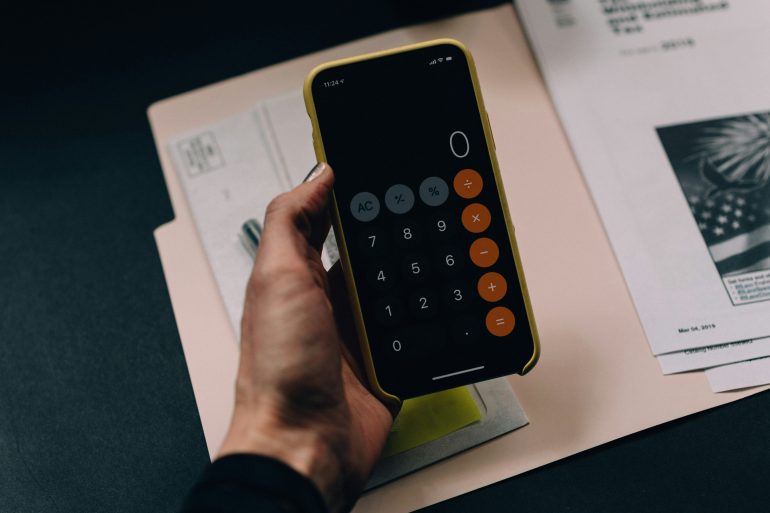Looking after your household finances can be a deeply stressful thing to do, even at the best of times. We are living in unprecedented times, as costs continue to rise against relatively stagnant household income; the result has been disastrous for many across the country, and has made clawing back control of the family kitty that little bit harder.
The route to financial wellness isn’t the easiest, but with a little research and a little elbow grease it is entirely possible to get on top of most financial situations. What are some basic steps you can take to get on the road to financial wellness?
Creating a Budget
No two people’s financial situations are ever exactly the same. A near-endless array of factors and variables can affect the specifics of our situation, and require different approaches as a result. However, the first steps to approaching financial management in general are always the same, and always effective – including the creation of a personalised budget.
The very first step to this is gaining a specific understanding of your financial situation. With basic information like your total monthly income and total monthly household outgoings, you can get an idea of your situation – and start to take steps to improve it. This is how you start to track unnecessary spending or potential monthly savings goals, and will be useful to you for the entirety of your financial journey.
Pay Your Debts
Another constant in the practice of good financial management is the importance of paying debt. Having debt, in and of itself, is not a bad thing; indeed, demonstrating that you can utilise credit and repay it in a timely manner can be a positive thing for your credit score, as well as for bigger life costs. However, failure to pay debt in a timely manner – and allowing debt to run up without due care – can be disastrous.
Where debt has accumulated in multiple areas, debt consolidation loans can be the key to getting on top of it. These kinds of loans enable you to pay off the outstanding debts and create a new, singular debt agreement. With this, you can simplify your outgoings and make longer-term financial management far easier.
Establish an Emergency Fund
Before you invest in long-term financial wellbeing, you should first create an emergency budget. This would ideally encompass three to six months’ worth of your household costs and contributions, and is designed to be a breakwater for unexpected costs or life events. Whether your car breaks down or your find yourself unexpectedly unemployed, your emergency fund can lighten the load and give you more time to react.





